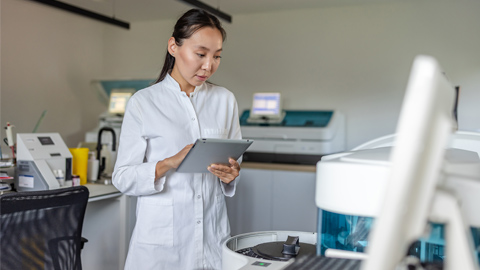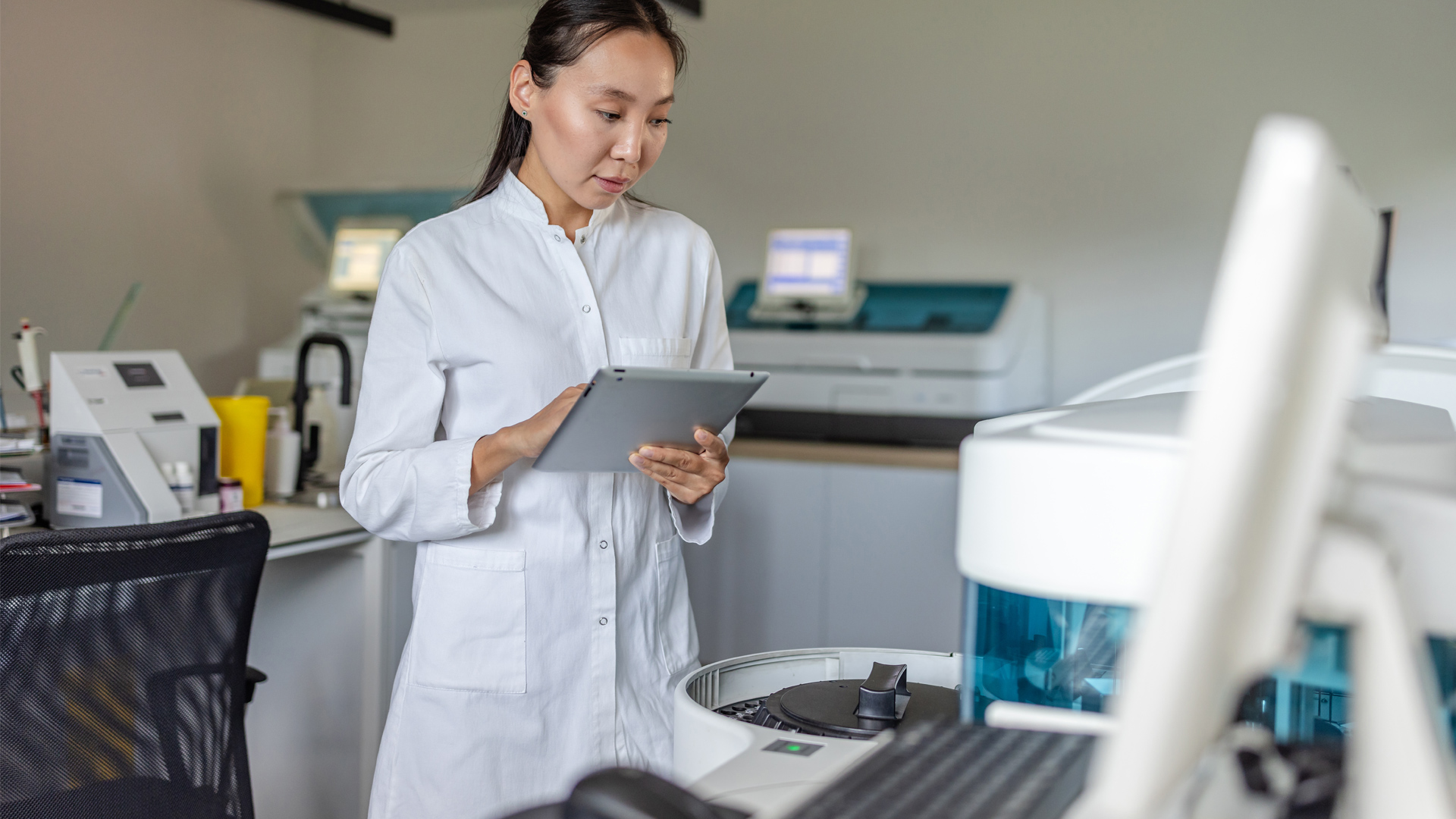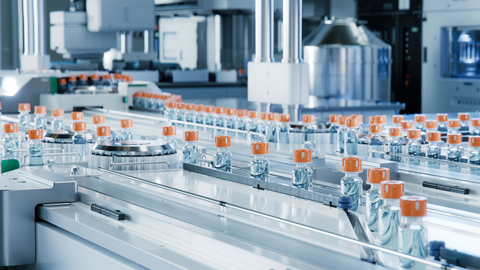In season three of Invent Life Sciences, we explored the forces redefining how tomorrow's therapies will be developed, made and delivered.
We began with a dilemma in the cell and gene therapy industry. Why isn't manufacturing supply keeping up with patient demand?
Our guests, Tay Salimullah of Novartis, Jason Jones of Cellular Origins, Emma Chan of Orchard Therapeutics, and Matt Hewitt of Charles River shared the pitfalls of relying on current technologies being up to the task of commercial scale manufacturing. The take-home message was before investing in CMC, think about the long term, what is available and what still needs to be developed. You can't afford to leave this bit to chance.
Then we looked at two current trends that could transform the costs of development across the biotech space. Number one, promoting sustainable practices to reduce energy and reagent costs. As discussed with Ryan Walker at Cytiva and Wenshu Xu at TTP. And two, adopting AI tools to drive operational efficiency and reveal process insights, as illustrated by the work of Ken Harris at OmniaBio and Sean Bedingfield at Eli Lilly.
We closed the season with a perspective on clinical adoption, making manufacturing processes suitable for distribution at a price point patients can afford. With insights from Mark Lowdell of Inmune Bio, Luc Henry from Limula, Jacqueline Barry at Cell and Gene Therapy Catapult, and Sarah Albon in Cambridge University's NHS Trust. We uncovered the opportunity for emerging innovations from systems engineering to regulatory policy to come together into alignment right now to ensure therapies can meet their intended deployment at scale.
Season three was about more than cool science. Our ambition now is to broaden access, accelerate breakthroughs, and plan for the future of healthcare. Though Invent Life Sciences Season 3 is over, a new era of medicine is just beginning.










